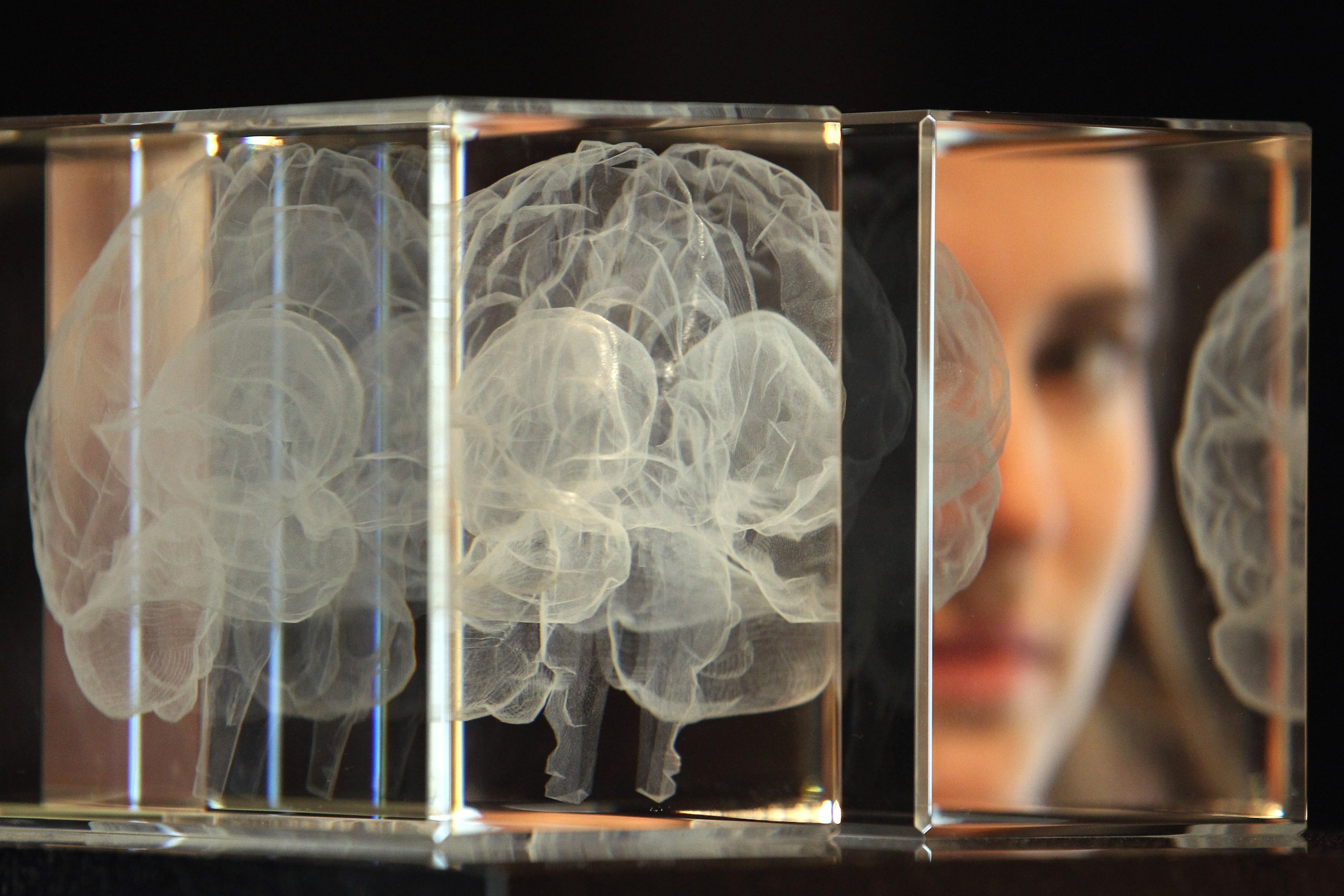Alzheimer’s gene neutralised in human brain cells for first time
Development comes after scientists switch away from testing on mouse cells

A free daily email with the biggest news stories of the day – and the best features from TheWeek.com
You are now subscribed
Your newsletter sign-up was successful
Scientists have claimed a major breakthrough in the battle against Alzheimer’s by neutralising a key gene that significantly increases the risk of developing the disease.
A team at Gladstone Institutes, in California, “successfully identified the protein associated with the high-risk apoE4 gene and then managed to prevent it damaging human neuron cells”, reports The Daily Telegraph.
The research, published in the journal Nature, reveals how the apoE4 gene confers its risk for Alzheimer’s in human brain cells.
The Week
Escape your echo chamber. Get the facts behind the news, plus analysis from multiple perspectives.

Sign up for The Week's Free Newsletters
From our morning news briefing to a weekly Good News Newsletter, get the best of The Week delivered directly to your inbox.
From our morning news briefing to a weekly Good News Newsletter, get the best of The Week delivered directly to your inbox.
“What’s more, they were able to erase the damage caused by apoE4 by changing it, with a small molecule, into a harmless apoE3-like version”, says news website ScienceDaily.
Having one copy of the apoE4 gene “more than doubles a person’s likelihood of developing Alzheimer’s disease, whereas having two copies increases the risk 12-fold”, says the Telegraph.
Previous studies “have indicated that roughly one in four people carry the gene”, the newspaper reports.
The latest breakthrough adds to hopes of finding a drug treatment that could halt the onset of the disease. The researchers have urged caution, however, pointing out that the neutralising process has only been tried in lab conditions as yet.
A free daily email with the biggest news stories of the day – and the best features from TheWeek.com
The development came after the California team decided to shun traditional testing methods.
Most Alzheimer’s research and drug development “are done in mouse models of the disease”, says ScienceDaily.
“Drug development for Alzheimer's disease has been largely a disappointment over the past ten years,” says lead study author Yadong Huang. “Many drugs work beautifully in a mouse model, but so far they’ve all failed in clinical trials. One concern within the field has been how poorly these mouse models really mimic human disease.”
Following a succession of clinical trial failures, Huang and his colleagues decided to use human cells to model the disease and test new drugs, leading to their discovery.
-
 Will increasing tensions with Iran boil over into war?
Will increasing tensions with Iran boil over into war?Today’s Big Question President Donald Trump has recently been threatening the country
-
 Corruption: The spy sheikh and the president
Corruption: The spy sheikh and the presidentFeature Trump is at the center of another scandal
-
 Putin’s shadow war
Putin’s shadow warFeature The Kremlin is waging a campaign of sabotage and subversion against Ukraine’s allies in the West
-
 Epstein files topple law CEO, roil UK government
Epstein files topple law CEO, roil UK governmentSpeed Read Peter Mandelson, Britain’s former ambassador to the US, is caught up in the scandal
-
 Iran and US prepare to meet after skirmishes
Iran and US prepare to meet after skirmishesSpeed Read The incident comes amid heightened tensions in the Middle East
-
 Israel retrieves final hostage’s body from Gaza
Israel retrieves final hostage’s body from GazaSpeed Read The 24-year-old police officer was killed during the initial Hamas attack
-
 China’s Xi targets top general in growing purge
China’s Xi targets top general in growing purgeSpeed Read Zhang Youxia is being investigated over ‘grave violations’ of the law
-
 Panama and Canada are negotiating over a crucial copper mine
Panama and Canada are negotiating over a crucial copper mineIn the Spotlight Panama is set to make a final decision on the mine this summer
-
 Why Greenland’s natural resources are nearly impossible to mine
Why Greenland’s natural resources are nearly impossible to mineThe Explainer The country’s natural landscape makes the task extremely difficult
-
 Iran cuts internet as protests escalate
Iran cuts internet as protests escalateSpeed Reada Government buildings across the country have been set on fire
-
 US nabs ‘shadow’ tanker claimed by Russia
US nabs ‘shadow’ tanker claimed by RussiaSpeed Read The ship was one of two vessels seized by the US military